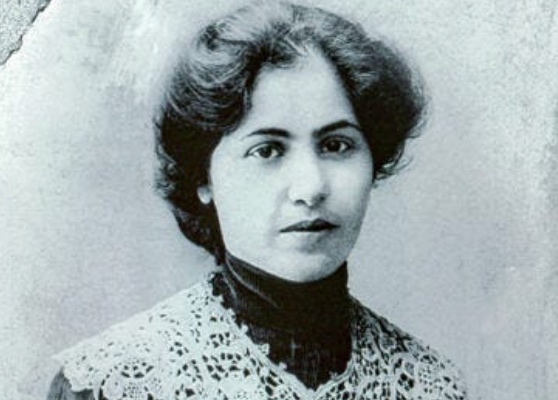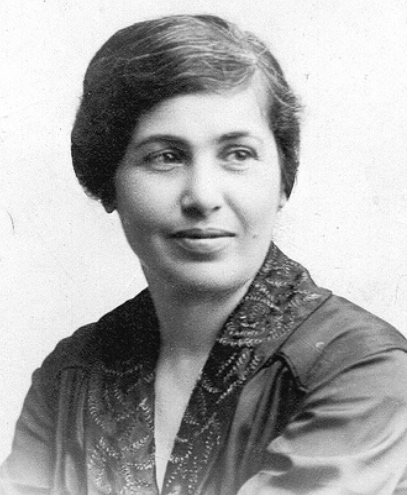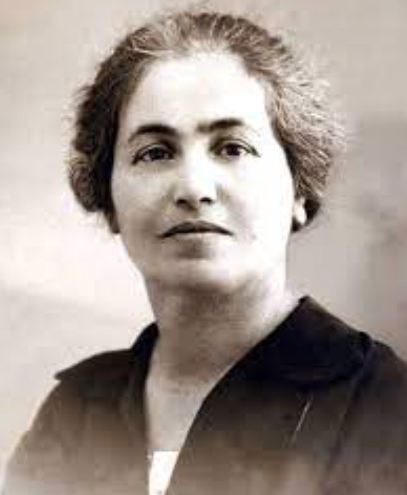Zabel Yesayan: A Writer They Couldn’t Silence



On the night of April 24, 1915, as the Ottoman authorities began arresting hundreds of Armenian intellectuals in Constantinople in a calculated attempt to decapitate Armenian cultural life, Zabel Yesayan was on their list. She was the only woman among the targeted intellectuals. But when the soldiers came for her, she was not found. Warned of her impending arrest, Yesayan went into hiding and fled to Bulgaria, narrowly escaping deportation—and likely death.
Yesayan’s near-arrest on that fateful day marks her as one of the few surviving witnesses of the Armenian Genocide who had the intellectual tools, moral conviction, and literary force to document what happened, not as an outsider, but as a woman who stood at the intersection of survival, grief, and resistance.
Early Life and Literary Beginnings
Born in Constantinople in 1878, Zabel Yesayan grew up in a time of political repression and national awakening. She pursued higher education at the Sorbonne in Paris, where she studied literature and philosophy—an unusual path for an Armenian woman of her era. Her early works focused on social injustice, women’s rights, and the struggles of the Armenian people under Ottoman rule.
From the beginning, Yesayan’s pen was shaped by a deep empathy for the marginalized. Her literary debut came in the late 1890s, and by the turn of the century, she had gained prominence for her essays, fiction, and articles published in Armenian newspapers and journals across the Armenian Diaspora.
Eyewitness to Genocide
After surviving the April 24 deportation, Yesayan was asked by the Armenian Patriarchate to investigate the condition of Armenian survivors in Cilicia who had endured the massacres of 1909 in Adana. Her report, Among the Ruins, was not just journalism—it was an act of mourning, resistance, and documentation.
Years later, during and after the Genocide, she continued to write, lecture, and advocate on behalf of her people. Yesayan bore witness through her essays, memoirs, and fiction, painting a picture of loss, exile, and resilience. Her literature chronicled the systematic destruction of the Armenian population but also highlighted the endurance of Armenian women—their courage, their suffering, and their ability to remember and rebuild.
A Feminist Voice in a Silenced World
Yesayan was more than a genocide witness; she was a pioneering feminist voice in Armenian literature. Her novel Gardens of Silihdar is one of the few first-hand narratives offering a female perspective on Armenian life in the Ottoman Empire. In a male-dominated literary world, Yesayan centred the experiences of women—mothers, daughters, and intellectuals alike—whose stories were often buried beneath patriarchal and political silence.
She argued passionately for women’s education, political agency, and equal representation—not just as a moral right but as a necessity for national survival.
A Relentless Advocate for Women’s Rights
Beyond her literary achievements, Zabel Yesayan was a bold advocate for the political and social emancipation of women—at a time when such ideals were often dismissed or punished. She delivered public lectures on gender equality, joined women’s associations, and argued that the progress of any nation depended on the empowerment of its women. In both Ottoman and later Soviet contexts, she challenged patriarchal norms, insisting that Armenian women not only deserved education but also a place in shaping public life. Her activism extended far beyond her pen—she lived her principles, mentoring younger women and challenging systems that tried to keep them voiceless.
Later Years and Mysterious Death
After the fall of the Ottoman Empire, Yesayan remained an active figure in the Diaspora and later moved to Soviet Armenia in the 1930s, believing in the promise of national cultural rebirth. However, her fate took a tragic turn during Stalin’s purges. She was arrested in 1937 by Soviet authorities, accused of nationalist activities, and disappeared into the gulag system.
Her death remains shrouded in mystery. Some believe she died in prison under unknown circumstances. No grave, no remains—just silence.
Legacy
Today, Zabel Yesayan is remembered not just as a survivor, but as a voice that survived. Her works continue to be read and studied by scholars of genocide, literature, and women’s rights. She stands as a symbol of intellectual resistance, feminist courage, and the undying power of words to confront atrocity.
Her legacy lives in every Armenian writer who dares to speak against erasure. In every woman who refuses to be silent. And in every reader who carries her voice forward.
Selected Works
- Among the Ruins (1911)
- Gardens of Silihdar (1935)
- My Soul in Exile (memoirs)
- Numerous essays and dispatches on the Armenian Genocide and women’s rights
